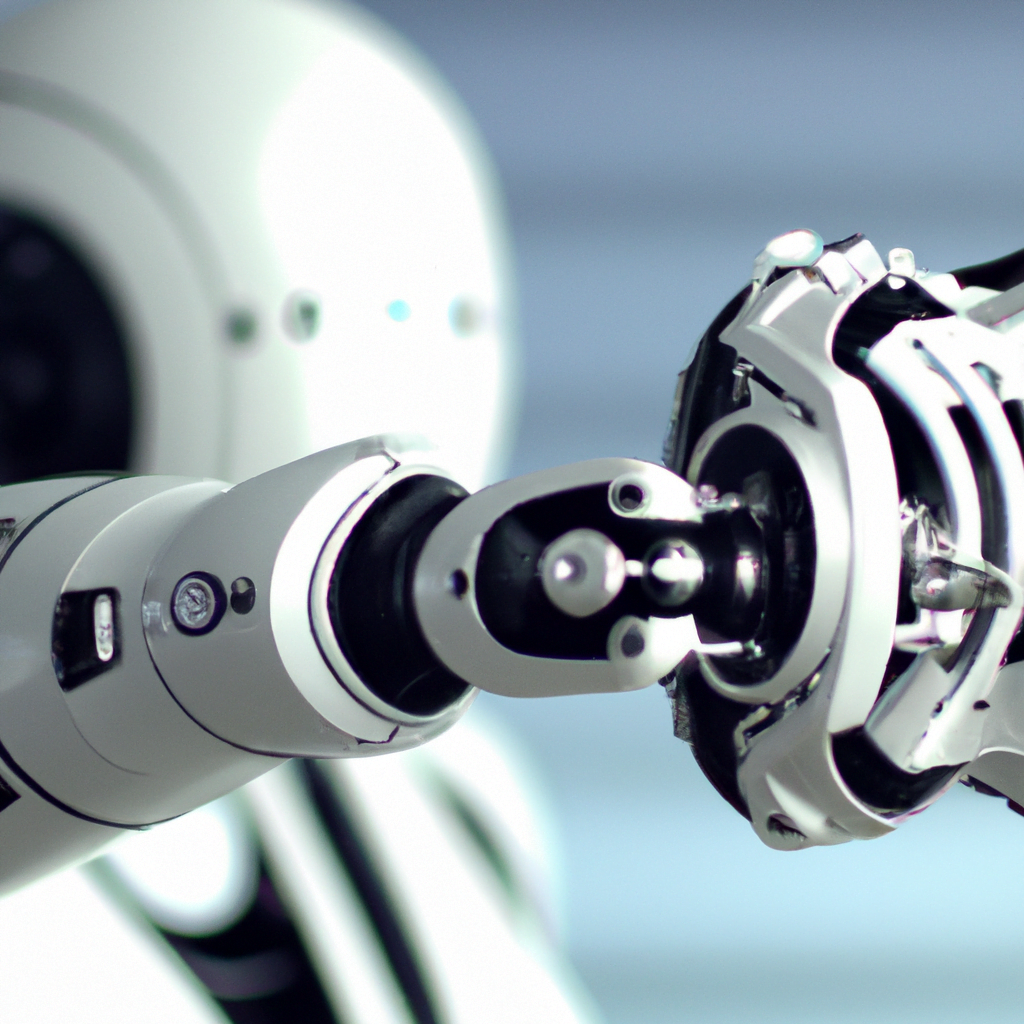AI and Political Forecasting
Artificial intelligence (AI) is a technology that allows machines to perform tasks that usually require human intelligence, such as thinking and responding like a person. ChatGPT is an example of AI that can do many things, like writing, creating music, and even generating images that look like real photos. A recent study by researchers at Brigham Young University (BYU) found that AI can respond to complex survey questions just like a real human.
In the study, the researchers tested the accuracy of a language model called GPT-3, which mimics the complex relationship between human ideas, attitudes, and sociocultural contexts of subpopulations. They created artificial personas with specific characteristics like race, age, ideology, and religiosity, and then tested to see if they would vote the same as humans did in past U.S. presidential elections. They found that the AI and humans voted similarly.

The researchers also conditioned artificial personas to offer responses from a list of options in an interview-style survey and found high similarity between nuanced patterns in human and AI responses. This innovation has exciting prospects for researchers, marketers, and pollsters who can use AI to craft better survey questions, refine them to be more accessible and representative, and even simulate populations that are difficult to reach.
The researchers noted that AI should not replace the need to survey real people, but it can help people in many different jobs be more efficient. While AI has positive benefits, there are also negative things that can happen because sometimes computer models are inaccurate and sometimes they’re biased. Therefore, academics and other experts need to come together to define the ethical boundaries of AI surveying in research related to social science.


